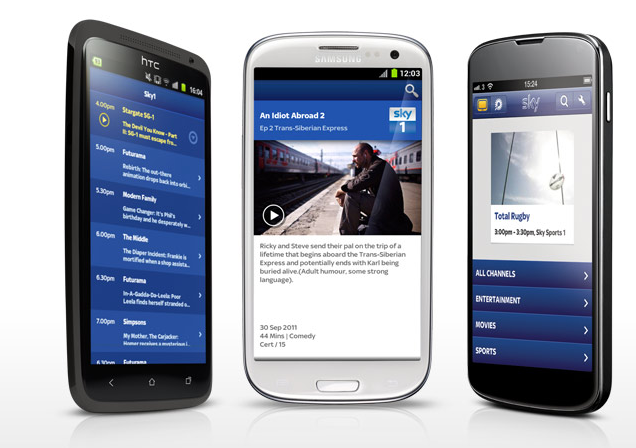
Sky introduces a TV and movie download service for mobile phones and tablets
Users of the satellite TV provider’s free Sky Go service -- which enables subscribers to watch live Sky channels and on-demand programming on mobiles and tablets -- will soon be able to download TV shows and movies on their portable devices.
According to Sky, this will make it the first mobile TV subscription service to offer downloadable Hollywood movies in the UK and Ireland.

Amazon launches a dedicated MP3 store for iPhone users
Amazon has created a mobile MP3 store optimized specifically for use on iPhones and iPod touches. Built on HTML5, the new store lets users browse the 22 million strong MP3 catalog, and buy tracks directly.
"Since the launch of the Amazon Cloud Player app for iPhone and iPod touch, a top request from customers has been the ability to buy music from Amazon right from their devices," Steve Boom, Vice President of Amazon Music said. "For the first time ever, iOS users have a way do that -- now they can access Amazon’s huge catalog of music, features like personalized recommendations, deals like albums for $5, songs for $0.69, and they can buy their music once and use it everywhere".

Give up the PC? Get real! You’d have to pry the keyboard and mouse from my cold, dead hands
My friend and colleague Joe Wilcox has a long history of quitting tech. He famously declared his independence from Apple and a month ago said he was done with Facebook. Yesterday he announced he was quitting the PC, and switching to using a Google Nexus 10 as his primary computing device. He says the journey will be tumultuous, I say why do it then?
The truth is, the transition for Joe probably won’t be that difficult. He currently uses a Chromebook as his PC and has embraced the cloud. He is a PC user, but he’s not a real PC user. A real PC user can’t just switch to a tablet and after a few weeks be happy with the change. I love my iPad, and I loved Surface for the short time I had it. But a tablet could never be a replacement for my desktop system.
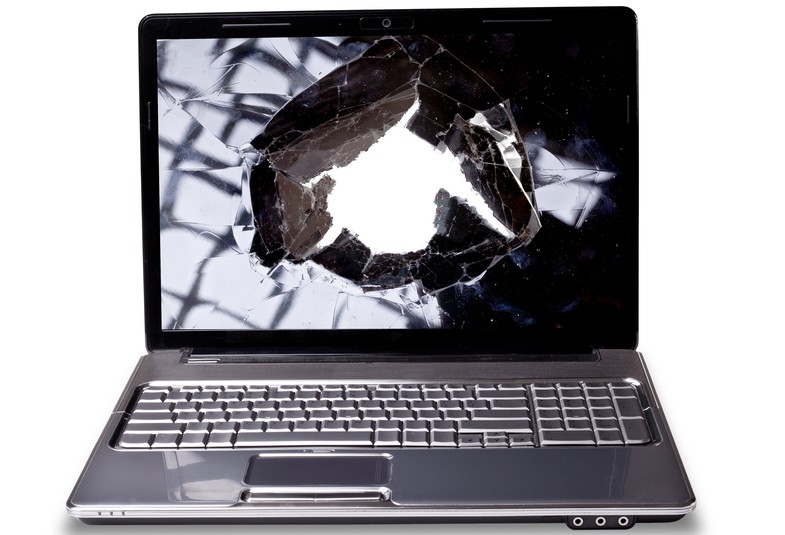
The PC is dead to me, or soon will be
Later this month, I plan to jump cold feet into the next computing era by making a tablet my primary PC. I was all primed to start last year, but improved Google Chromebooks derailed the experiment. New year is here and good time for a computing resolution. Already, I made major computing platform shift in 2012 -- ARM, Android and Chrome OS. I'll write about the journey, which surely will tumultuous, at least to start.
I won't go alone. Yesterday morning, my wife asked about trading up to a larger tablet (she used the Nexus 7 I bought her in July). The request was totally unexpected. I added her as another user to my Nexus 10 and let her play around. She likes! She likes! So I ordered her the larger tablet, planning to sell the older one (and some other gear, to cover cost). The idea: We would together go tablet as main devices, with Chromebook as backup (hey, sometimes you need Flash, for example). We will share my Nexus 7, which has HSPA+ radio, to carry around when out and about (me sitting in the man chair while the women shop; she while, say, waiting for her dad at the doctor's office). But both of us will primarily use our own Nexus 10s.
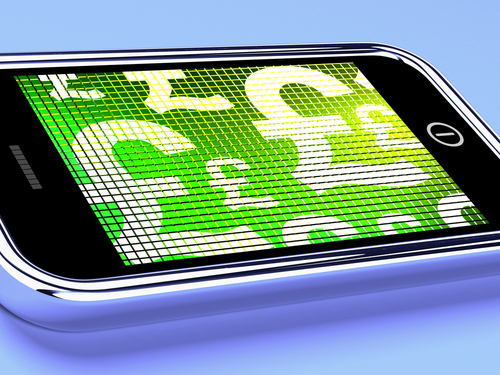
UK mobile owners will soon be able to send cash payments by text
When I need to make a payment or send money to someone, I use a bank app on my smartphone. It’s quick and easy, and I can check my balance beforehand to make sure I’ve got enough cash in my account. The app does require me to know the other person’s bank details though, and so isn’t particularly handy for making swift payments to just anyone.
Fortunately the Payments Council is working on a project that will make it possible for anyone living in the UK to send secure payments via text message. You won’t need to worry about account numbers or sort codes -- all you’ll need is the recipient’s mobile number.

The PC is far from dead
This week, my colleague Joe Wilcox wrote about the popular catch-phrase these days -- the "post-PC era". The only problem: this concept is wrong. Yes, he included lots of analyst information, fancy numbers and predictions, but none of it is realistic to the vast majority of computing users.
Yes, tablets are popular. There is no denying that. The iPad, despite not being the first tablet, brought the concept into the real world. Amazon and Google made the devices affordable. Sure, tablets make a great solution for checking email, weather and answering a question about that movie or show on your TV -- the one that occurs while sitting on your sofa.

IBM looks into the future: Says steampunk will be the next big thing
IBM’s Social Sentiment Index is a tool designed to aggregate and gauge public opinion from a range of social media. It crunches its way through blogs, online forums, Facebook, Twitter and other social media postings, discovers what people are talking about, and then uses the results to predict the next big trends. That is, trends with actual staying power.
And the next big thing in clothing, furnishings and accessories? Steampunk apparently.

Skype 6.1 for Windows improves account management, adds Outlook integration
Microsoft has released Skype 6.1 for Windows and Skype 6.1 for Mac. Despite the same version numbering, both builds are effectively separate developments, with the key changes coming in the new Windows desktop build in the form of a toolbar refresh and integration with Microsoft Outlook 2010.
The new release comes hot on the heels of Microsoft’s announcement that its older messaging service -- Messenger -- is being retired worldwide (with the exception of mainland China). Contrary to original reports, the service will not go offline on March 15, but that is the date when Microsoft will begin to migrate Messenger users over to Skype ahead of its planned switch-off.

Amazon AutoRip Changes EVERYTHING
The most important tech news this week isn't from the Consumer Electronics Show. Amazon earns distinction, with a new service that, if rightly executed, could change how everyone buys digital content. Not since Apple licensed digital tracks for the iTunes Store in early 2003 and later secured deals allowing consumers to buy a single and get the rest of the album for appropriately-reduced cost is a music service so provocative. Amazon AutoRip is as big as DRM-free and looms over Apple's iTunes Match -- and both transform music licensing and consumption.
Can you feel it? The Earth shook today, and nothing will be the same because of it.

Amazon’s AutoRip service gives CD purchasers the MP3 versions for free
If you’re one of those people who still prefers audio CDs to digital downloads (because you can’t beat a physical product with album art and sleeve notes, right?), but then rip the tracks so you can actually play them, Amazon’s new AutoRip service is for you. Purchase an AutoRip CD from the site and you’ll get the MP3 version for free.
The tracks will be automatically uploaded to Amazon Cloud Player, where you can stream or download them immediately, even before the CD arrives. And that’s not all. Any eligible CDs you’ve purchased from Amazon after 1998 will be added to your Cloud Player too, for free. If you don’t have a Cloud Player account you’ll be able to sign up for one.

Play.com to shut down its retail business and become an eBay-style trading site
There was a time when Play.com looked set to rival Amazon in the UK. The online retailer, which focussed initially on selling DVDs, made a big splash when it launched in 1998 by offering its products for the same price as Amazon but, crucially, threw in postage for free, a move which made shopping there a lot cheaper overall.
However, time hasn’t been kind to Play.com. First it was sold to Japanese company Rakuten for just £25m in September 2011, and then the government closed a Jersey tax loophole that allowed retailers to avoid paying VAT (Value Added Tax) on items under £15. With Rakuten seemingly unwilling to back up its investment, Play.com limped on, but the writing was on the wall for the once great retailer.
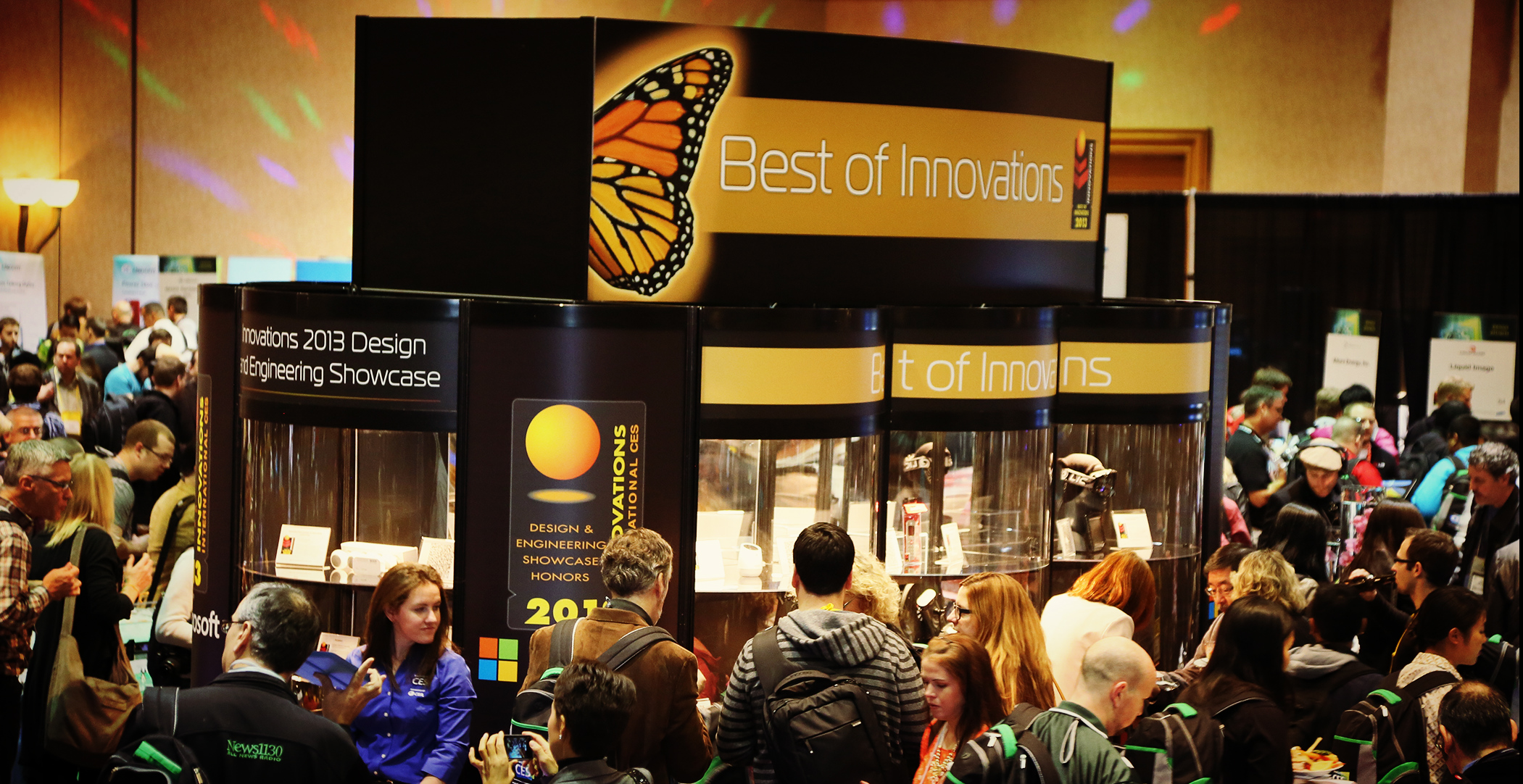
5 things I want to see at CES 2013
Tomorrow, the Consumer Electronics Show officially kicks off, not that many vendors are waiting. There already are plenty of Day 0 and -1 announcements, which make me wonder if this -- the first of two posts -- isn't already late: What I would like and not want to see during this year's big event. If early press galas are any indication, many CES participants won't hit the jackpot in Las Vegas this year. Sadly that's a trend.
Like 2012, I'm sitting out the tradeshow. The real benefit is mingling, and that's for everyone -- from journalists to manufacturers to distributors. CES really isn't about gadget geeks but everyday consumers and CE manufacturers getting goods to them. Why else would LG's press gala feature 39 new driers and 72 refrigerators coming this year? But the big noise is all about the toys today, as it will be all week.
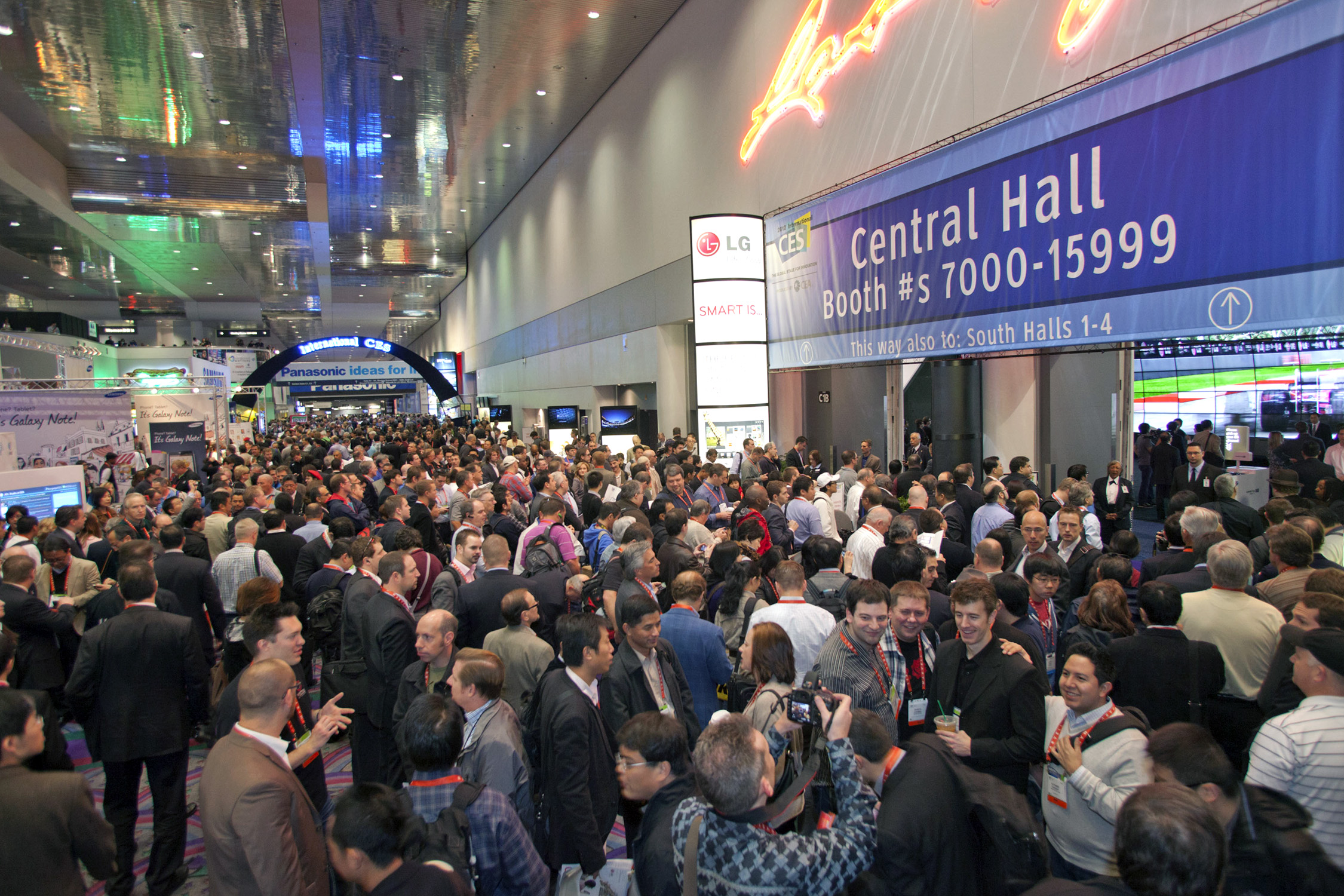
I hate CES, and you should too
Consumer Electronics Show 2013 commences in about 24 hours with the pre-show keynote. I won't be there, and wonder why you will be. Apple is right to be a perennial no show, and Microsoft demonstrated wisdom pulling out -- and this year giving up the coveted kick-off presentation. Tradeshows like this are dinosaurs. Where's the meteor -- the oh-so needed extinction-level event? To everyone inviting me to their CES booths and parties, perhaps now you understand why I didn't respond to your email.
I hate the Consumer Electronics Show and the tsunami of products crashing down in mass self-mutilation and destruction. Who needs them anyway? Will your life really be better because a new cell phone's screen is 0.1 inch larger? Or there's a new Google TV box just like the others, only from a different manufacturer? NPD says not. The analyst firm released data today that tickles my CES-loathing soul: According to surveys, 68 percent of US consumers are happy with the tech they've got. What they do care about: Tech that meets their, ah, digital lifestyle.

Get ready for the Google ToiletSense algorithm
This may seem like a distraction from my theme of Silicon Valley and Hollywood, but please stick with me for a moment as we consider the fate of Blake Krikorian, who is best known for the Slingbox and now seems to be selling his current company, the awkwardly named Id8 Group R2 Studios. I think Krikorian’s career arc and our fascination with it give some insight into the whole tech-vs-Hollywood theme, showing how aimless and confused are some of these big technology companies.
The post I read that got me thinking in this direction came from Kara Swisher at allthingsd.com, which is part of the Wall Street Journal. Krikorian is reportedly selling his home automation startup to Amazon or Apple or Google or maybe Microsoft -- in other words the usual suspects. Amazon may be now out of contention because Krikorian just resigned from the Amazon board. But in any case, Swisher says, they all want Krikorian because "he is considered one of tech’s most savvy execs with regard to video and media distribution". Yeah, right.
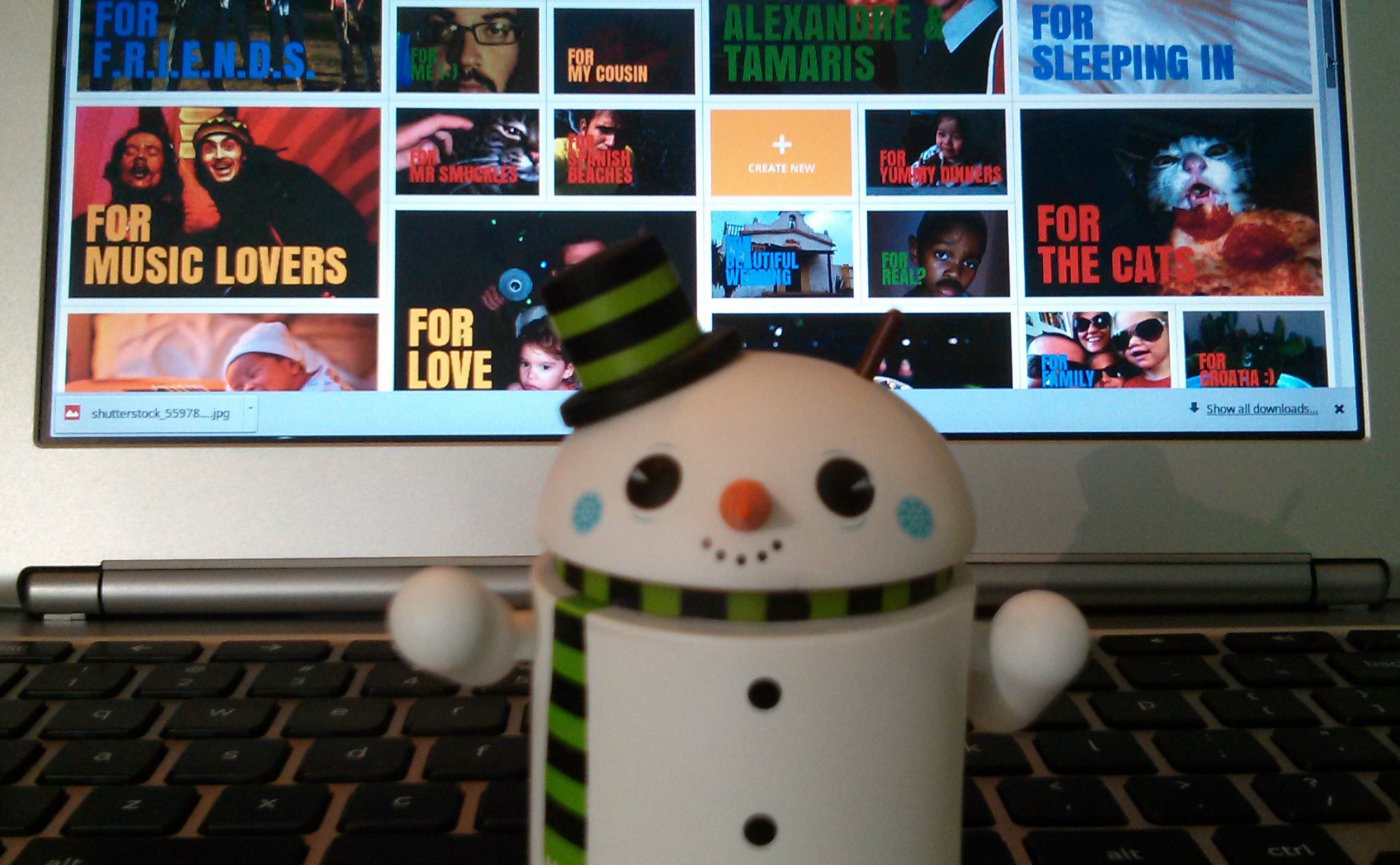
My tech life completely changed in 2012
I join colleagues Mihaita Bamburic, Alan Buckingham and Wayne Williams recounting what tech I used in 2012. But unlike them, I made dramatic platform changes, more significant than first using Windows over New Years holiday 1994, buying a reburbished PowerBook in February 1999, adopting Facebook and Twitter in 2006 or purchasing Nexus One in January 2010. Each of these marked major platform changes -- and some not always lasting. Consider this: in early 2012, I owned a 1.8GHz Intel Core i7 MacBook Air, iPhone 4S and iPad 3. I end the year using Chromebook and Android smartphone and tablets.
During the year I moved from OS X and Windows running on Intel to an ARM-and-Chrome OS laptop, and after several failed attempts at adopting tablets (three generations of iPads, really), I embraced not one but two Android slates. I store all my data in the cloud -- local storage is now merely a way station between destinations rather than personal repository. This old dog is learning new tricks, and if I make such dramatic platform changes what does that mean for younger users who are more flexible and not as financially or habitually Apple/Microsoft/Intel committed? Look around, the PC era rapidly evaporates around you and its disappearance will be difficult to ignore in 2013.
